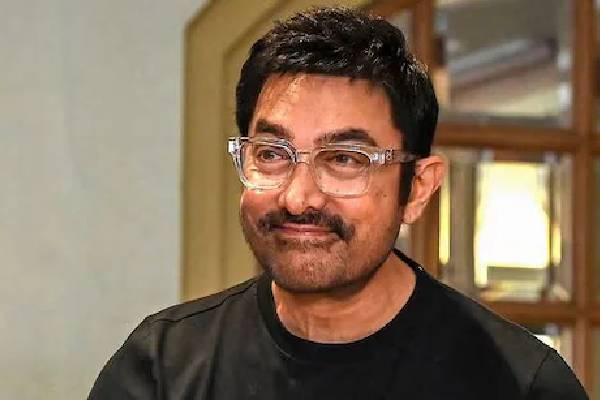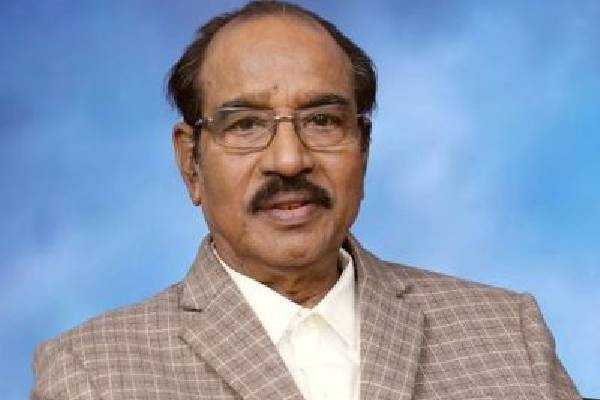
Narendra Modi’s new quota formula might have passed the political test with almost all the opposition parties falling in line in an election year despite grumbling on the timing of the act. But, with PIL filed in the apex court, the law enacting the reservations for economically weaker sections has to pass the judicial test.
The constitutional amendment faces three specific judicial vulnerabilities.
Firstly, the Apex court in Indira Sawhney case said, solely the economic criteria does not fit into the ‘doctrine of reasonable’ classification for providing reservations. The Supreme Court in this historical verdict considered as the Magna Carta of the reservations jurisprudence clearly stated in Para 689 ,”… any reservation or affirmative action on economic criteria or wealth discrimination cannot be upheld under doctrine of reasonable classification. Reservation for backward class seeks to achieve the social purpose of sharing in services which had been monopolised by few of the forward classes. To bridge the gap, thus, created the affirmative action’s have been upheld as the social and educational difference between the two classes furnished reasonable basis for classification. Same cannot be said for rich and poor. A classification based on economic conditions for purposes of Article 16(1) would be violative of equality doctrine”. Thus the apex court has drawn a clear distinction between social and economic backwardness. Thus, the reading of Indian jurisprudence gives an impression that the highest court of the land has been stating that economic backwardness can be a ground for exclusion, but not for inclusion as far as affirmative action like reservations is concerned.
Secondly, the apex court in the same verdict observed that reservations being an extreme form of protective affirmative action, should be within the minority and quotas in any manner should be within fifty percent. This principle of balancing equality has been upheld in several of the judgments during the course of five decades of India’s jurisprudence. The Supreme Court in Indira Sawhney said that the principle of balancing equality ordains reservation, of any manner, not to exceed 50%. Still, the leaders of ruling party and the government have been arguing that the 50 percent limit enforced by the apex court is valid only to caste based reservations . The Supreme Court in MR Balaji, Indira Sawhney , Ram Singh etc., has been stating that the 50 percent limit is not a quantitative restriction but integral to the concept of right to equality which again form the basic structure of the constitution. Even the Parliament cannot amend the basic structure as per the Kesavananda Bharati case.
Thirdly, the reservations under article 16(4) of the constitution should qualify the test of not ‘adequately represented’ .
The exercise of power to reserve is coupled with duty to determine backward class of citizens and if they were adequately represented. If the Government failed to discharge its duty then the exercise of power stands vitiated. This is what the Supreme Court stated in the Indira Sawhney case (Para 695 ). Thus it is a constitutional obligation on the part of the State to first ascertain that a group of people in this case what the new law calls economically weaker sections are not adequately represented in educational and employment before reserving 10 percent seats.
If the Supreme Court gives a fresh reading on these questions , the government can get the credit for helping the poor among upper castes . In case the apex court sticks to its long held position, still the government reaps political dividend claiming that it was honest in helping them and the courts did not allow. But, in the latter’s case, the loser will be the poor who have not been getting any reservation benefits so far. Instead, the government should have done a detailed exercise before enacting this constitutional amendment. The political expediency seems to be the overriding factor.
( Prof.K. Nageshwar is India’s noted political analyst. He is a former member of the Telangana Legislative Council and professor in the Department of Communication & Journalism, Osmania University, Hyderabad, India )


































